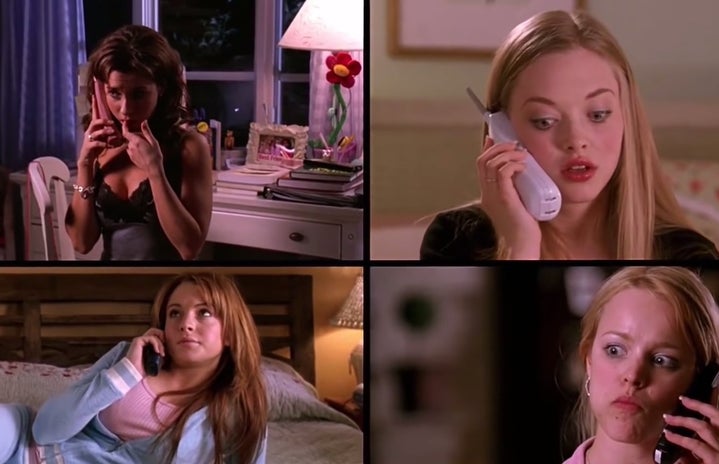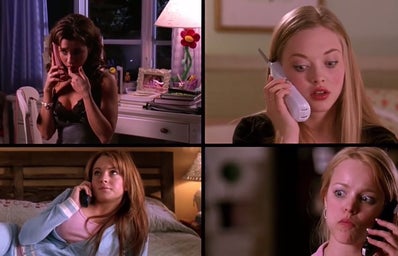Recently, it seems as though the film industry has caught a serious case of musical fever. From Wonka to The Colour Purple, the box office has seen a surplus in these film-musical adaptations in recent years leaving audiences entertained but also at times, left scratching their head due to the deviation from the original.
Countless moviegoers have found themselves surprised when walking into the cinema, expecting to see a fresh twist on a beloved classic and instead being met with a confusing narrative diluted by song and dance- a point that was not made evident in the movie trailers. Perhaps this was part of a ploy by directors and editors alike to broaden their audiences? After all, musical film adaptations have a notoriously difficult task of amassing the same level of support as ordinary films.
Take Paul King’s Wonka (2023), an adaptation of the beloved classic, Charlie and the Chocolate Factory wherein everyone’s MCM Timothee Chalamet takes on the role of the infamous chocolate maker in his youth, providing a much-needed back story to Wilder’s portrayal. The release of Wonka was arguably one of the most anticipated releases of last year (although, I do put this down to the casting of Chalamet in the titular role) yet as the first reviews came out it was clear that the marketing had failed in conveying to the public that it was, in actuality, a musical. I certainly fell victim to this, booking Wonka on release day with my friends without doing any prior research and physically cringing when Chalamet sang (especially his rendition of Noodle, Noodle, Apple Strudel.) It’s not that the movie was bad per se but it was just unexpected and it led me to be heavily distracted throughout.
Similarly, when Tina Fey’s Mean Girls burst onto screens in 2004, audiences around the globe marvelled at Fey’s ability to both accurately portray the early 2000s girl and emphasise the important rhetoric of being aware of how you treat others, cementing its status within popular culture for decades to come. Twenty years later, the new version, based on the Broadway show of the same name, has completely missed the mark. Despite Renee Rap giving her best pipes as Regina George, the overload of dance and song completely distracts from the plot of the movie- especially when the cast just burst out into song mid-way through conversations, giving the movie an almost tacky and cringe feel.
Ultimately, the success of film-musical adaptations depends on various factors, including effective communication with audiences, the thoughtful balance of both music and narrative and staying true to the spirit of the original plot of the movie. It’s a delicate balance to strike, and not every adaptation will meet this, as seen with 2024’s latest box office offerings. We can only hope that in the future, both directors and writers alike learn that not every film benefits from an added song and dance.


